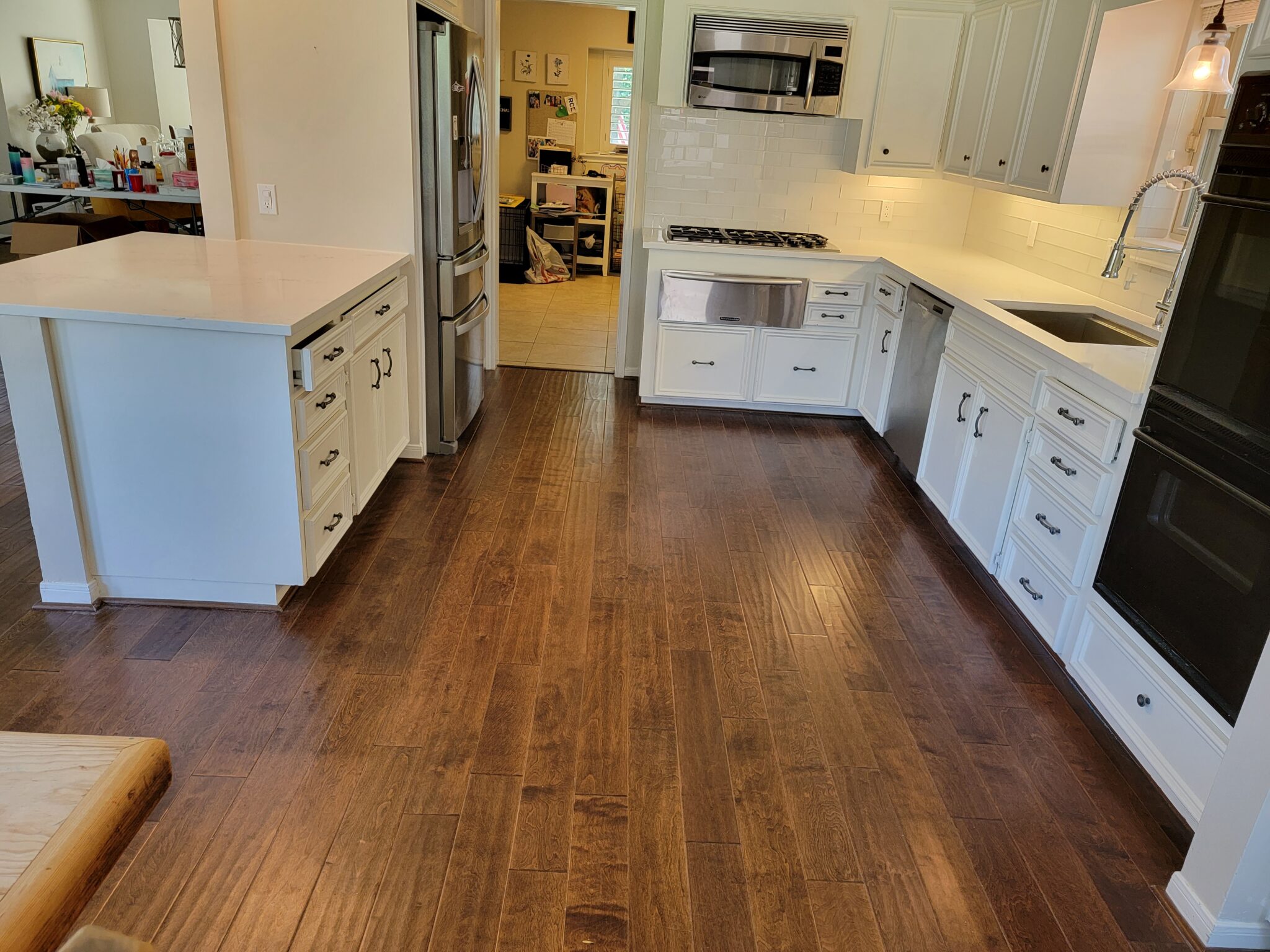
Sustainable Building Practices: How Blue Collar Development Reduces Environmental Impact Nov 10, 2025
Sustainability in construction focuses on reducing the consumption of non-renewable resources, maximizing energy efficiency, and minimizing waste production. Blue Collar Development emphasizes sustainable building practices, starting with the careful selection of materials. By using renewable resources like bamboo or recycled materials such as reclaimed wood and metal, the environmental footprint can be significantly reduced. Additionally, sourcing materials locally not only supports regional economies but also decreases transportation emissions.
Energy efficiency is a cornerstone of sustainable construction. Blue Collar Development incorporates energy-efficient designs by using high-performance insulation, energy-efficient windows, and advanced HVAC systems. These elements work together to reduce a building’s energy consumption, leading to lower operating costs and a smaller carbon footprint. Moreover, the integration of renewable energy solutions, such as solar panels or geothermal systems, further enhances a building’s sustainability profile.
Water conservation is another critical component of eco-friendly construction. Blue Collar Development implements systems to reduce water usage both during and after construction. This includes advanced plumbing fixtures, rainwater harvesting systems, and greywater recycling systems. Such practices not only conserve water but also offer significant savings in water utilities over the building's lifecycle.
Waste management is an area where construction traditionally struggles, but Blue Collar Development tackles this through comprehensive waste reduction strategies. By focusing on construction waste management plans, the company ensures that waste materials are sorted and recycled whenever possible. This approach converts potential waste into reusable resources, significantly decreasing landfill contributions.
Beyond materials and resources, sustainable construction also considers the impact on human health and the surrounding community. Blue Collar Development prioritizes creating environments that enhance indoor air quality and use non-toxic building materials. By doing so, they protect future occupants' health and support environmental well-being.
Engagement with the local community is a subtle but essential aspect of sustainable building. By involving community stakeholders throughout the project process, Blue Collar Development ensures buildings meet local needs and respect environmental concerns. This community-focused approach often leads to projects that enjoy broad support and contribute positively to local social and economic fabrics.
Finally, embracing new technologies and methodologies is intrinsic to sustainability. Blue Collar Development leverages building information modeling (BIM) and green building certifications like LEED to guide projects effectively. These technologies assist in detailed planning, reducing inefficiencies, and ensuring that sustainable practices are implemented at every project stage.
In conclusion, sustainable building practices are a multi-faceted approach to reducing the environmental impact of construction. By choosing partners like Blue Collar Development, stakeholders are assured of commitment not only to top-quality structures but also to the preservation of our planet. As the industry continues to evolve, adopting these green practices will be essential for those looking to invest in the future while caring for today's environment.
/filters:no_upscale()/media/68ab1bd7-097f-463c-87a6-2e6980643c7e.jpeg)